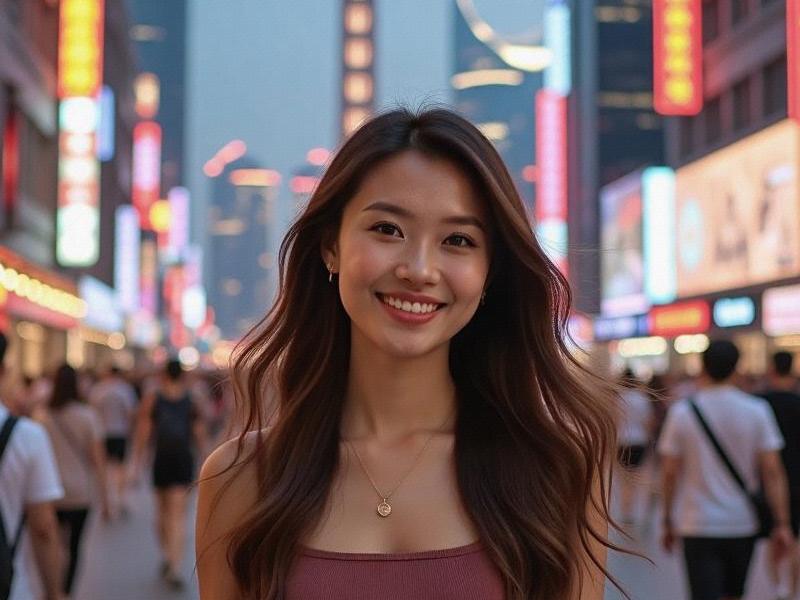This investigative feature traces Shanghai's entertainment venue culture from its 1930s golden age to today's sophisticated nightlife scene, examining how these spaces reflect the city's social and economic transformation.

The neon lights of Shanghai's entertainment districts tell a story of cultural metamorphosis. What began as jazz-age cabarets in the French Concession has evolved into a multi-layered nightlife ecosystem catering to diverse demographics - from expat bankers to local entrepreneurs and Gen Z revelers.
Historical Foundations
Shanghai's entertainment venue culture dates back to its 1920-30s heyday when:
- The Paramount Ballroom hosted international jazz legends
- Cathay Hotel's Dragon Phoenix Club became Asia's most exclusive venue
- Over 37 cabarets operated along Avenue Joffre (now Huaihai Road)
"These venues weren't just about entertainment - they were spaces where East met West with particular intensity," notes cultural historian Dr. James Farrer.
The Modern Landscape
Today's Shanghai boasts over 2,800 licensed entertainment venues including:
1. Ultra-Luxury Clubs
- Bar Rouge (Bund 18): Minimum spend ¥30,000 per table
- M1NT: Members-only with ¥500,000 initiation fee
- Attic: Rooftop venue hosting Forbes-listed entrepreneurs
上海贵族宝贝自荐419
2. High-End KTV Palaces
- Diamond KTV: Features private wine cellars and cigar lounges
- Muse K: 88 VIP rooms with customized acoustics
- Party World: Publicly listed chain blending tech with tradition
3. Cultural Hybrids
- JZ Club: Jazz venue preserving 1930s aesthetic
- The Shelter: Underground music space in converted bomb shelter
- Potent: Microbrewery combining craft beer with Peking opera elements
Business in the Backrooms
Shanghai's entertainment venues serve crucial business functions:
- 68% of surveyed executives report closing deals in KTV private rooms
- Luxury clubs average 3 corporate events weekly
上海夜网论坛 - "Business KTV" revenue reached ¥8.7 billion in 2024
"These spaces provide neutral ground where guanxi can develop organically," explains business consultant Vivian Wu.
Regulatory Challenges
Recent developments include:
- 2024 "Healthy Nightlife" initiative closing 12% of venues
- Stricter ID verification systems
- Noise ordinance enforcement in residential zones
Cultural Significance
Entertainment venues reflect Shanghai's identity:
- Preservation of 1930s architectural elements in new venues
- Fusion mixology combining baijiu with international spirits
- "Red Culture" themed rooms appealing to patriotic millennials
上海喝茶服务vx
The Pandemic's Impact
COVID-19 accelerated several trends:
- Rise of "mini KTV" booths in shopping malls
- Virtual reality party platforms
- Increased demand for outdoor venues like The Nest
Future Outlook
As Shanghai positions itself as a global entertainment hub:
- Integrated resorts combining gaming with performances (pending legislation)
- AI-powered personalized entertainment experiences
- More family-friendly evening economy options
The city's entertainment venues continue their century-old role as social laboratories - spaces where Shanghai reinvents itself nightly, one cocktail or karaoke ballad at a time.